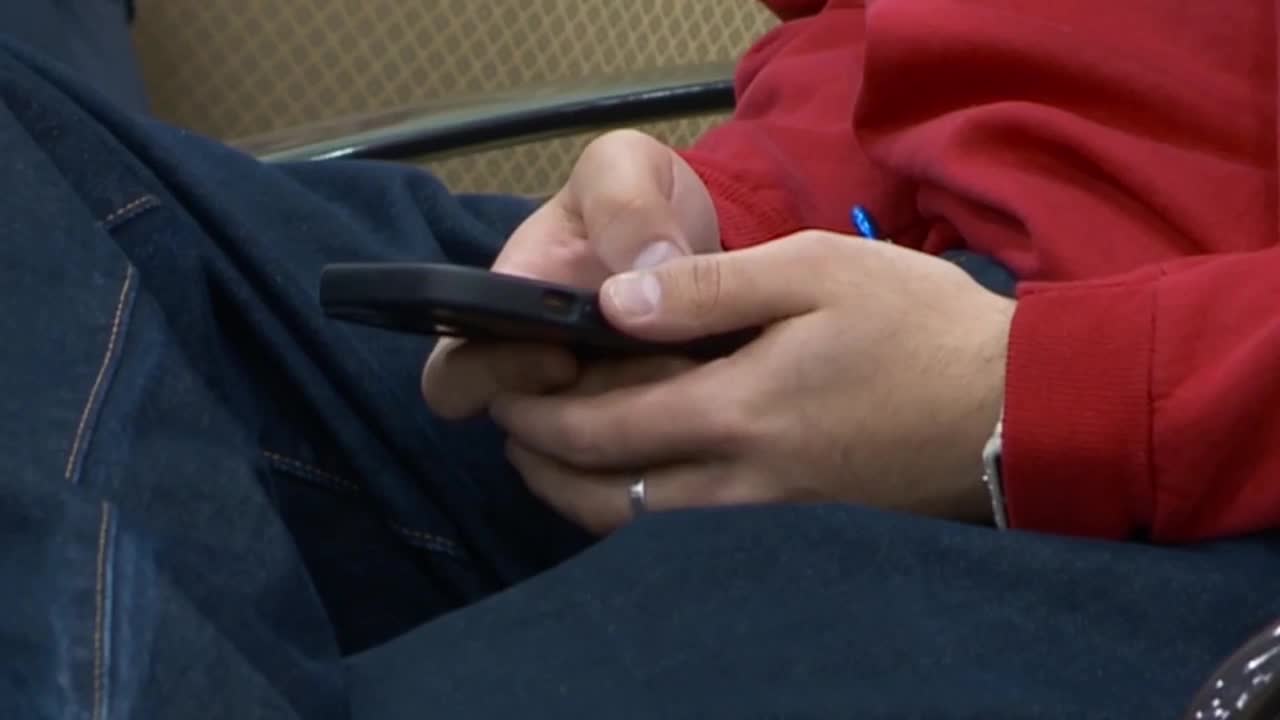WEST JORDAN, Utah — For Amaya Mills and her classmates at West Hills Middle School, their phone is tucked away in their backpack each day during class.
“It being away and not on me, it makes me forget that it’s there,” she said. “Personally for me, it lets me focus on my school work.”
Because at her school — and now every school in Utah — phones are prohibited in class. Earlier this year, the Utah Legislature passed SB 178, which bans cell phone use in elementary, middle and high school classrooms across the state. The law went into effect on July 1. At the Jordan School District, they already had a no-cellphone policy in class.
“To have kind of a unified perspective across all the teachers and the parents made it so much easier for kids to focus,” said Austin Buxton, a 7th and 8th-grade integrative science teacher at West Hills.
Buxton said since this policy has been put into place, he’s seen more students interact with their peers.
“I found that some of the kids that usually withdraw a little bit more, they have nothing to withdraw and distract themselves with,” he said. “They are more encouraged to discuss with other students.”
If a student doesn’t want to comply with the cell phone policy, then there are consequences. Principal Kristie Howe said students have responded well to the rule, but when they don’t, it opens a conversation about the importance of leaving the phone in the backpack. She said each district has the opportunity to integrate the policy in their own way.
“So our district, the first time, they are able to get it at the end of the day. And the second time on out, here at Jordan School District, the parent needs to come and pick it up,” Howe said.
Mills said it’s helped her talk with other kids in her class and teachers.
“I’m talking more with my teachers. Instead of searching stuff up, I can talk to my classmates or teachers,” she said.




